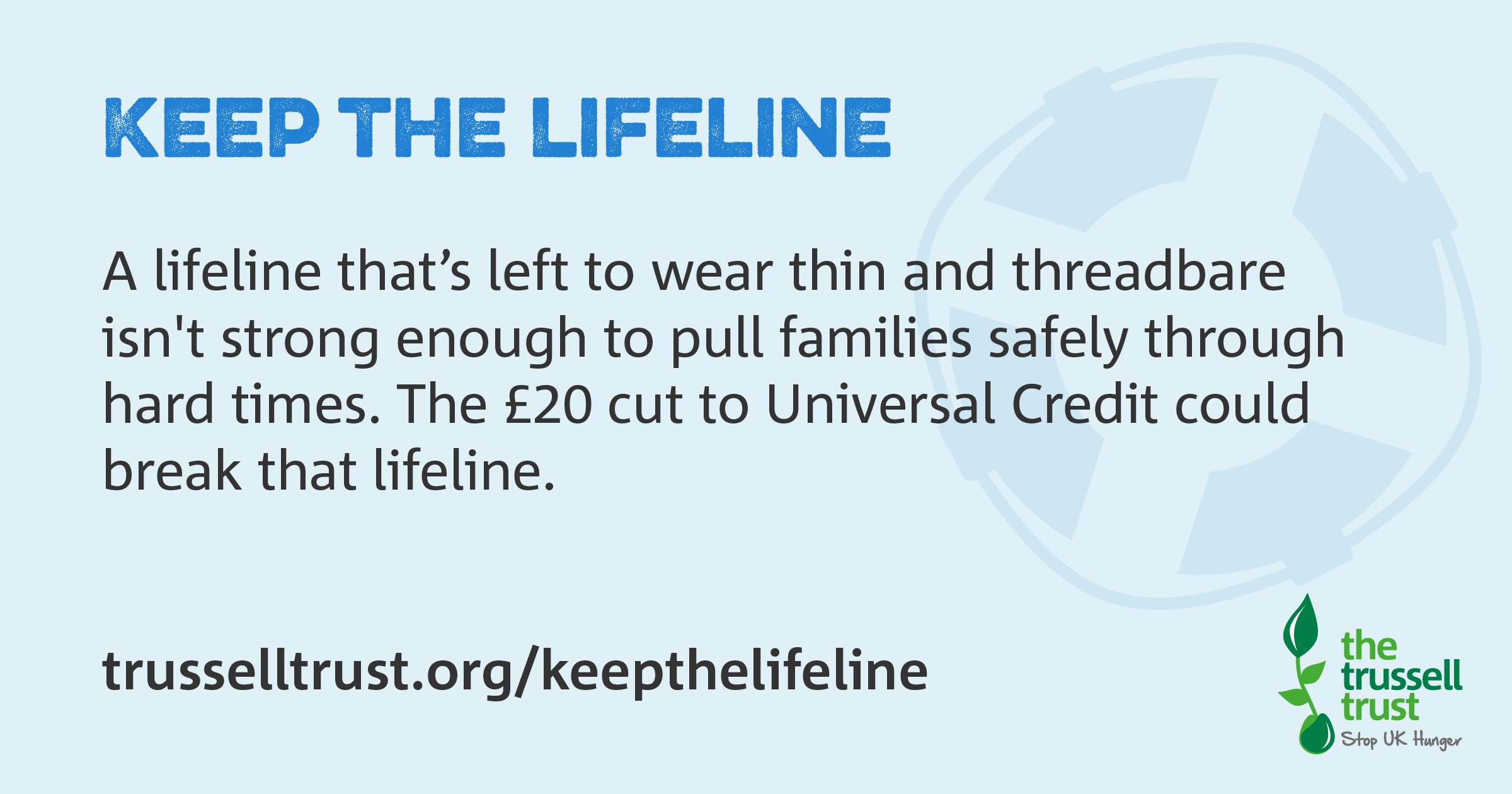The government have planned to merge health and employment services, and are now attempting to redefine work as a clinical outcome. Unemployment has been stigmatised and politically redefined as a psychological disorder, the government claims somewhat incoherently that the “cure” for unemployment due to illness and disability, and sickness absence from work, is work.
Pause.
Remember this? (BBC June 2015).
Unemployment is being “rebranded” by the government as a psychological disorder, a new study claims.
Those that do not exhibit a “positive” outlook must undergo “reprogramming” or face having their benefits cut, says the Wellcome Trust-backed report.
This can be “humiliating” for job seekers and does not help them find suitable work, the researchers say.
Here is the report:
Back to Kitty:
The latest strand of this ideological anti-welfare crusade was recently announced: the NHS is to hire 300 employment coaches who will find patients jobs to “keep them out of hospital.” The Individual Placement and Support services (IPS) is aimed at ‘supporting’ people with severe mental illness to seek work and ‘hold down a job’. Job coaches will offer assistance on CVs, interview techniques and are expected to work with 20,000 people by 2021. Pilot schemes running in Sussex, Bradford, Northampton and some London boroughs suggest that the coaches manage to find work for at least a quarter of users. The scheme is to be extended nationwide.
The roll out of mental health employment specialists across the country is based on analysis of the pilots, which is claimed to show that 2,300 patients have been helped into work in the last year. However, the longer term consequences of the programme are not known, and it is uncertain if there will be any meaningful monitoring regarding efficacy, safeguarding and the uncovering of unintended consequences and risks to participants.
It is held that those in work tend to be in better health, visit their GP less and are less likely to need hospital treatment. The government has assumed that there is a causal relationship expressed in this common sense finding, and make an inferential leap with the claim that “work is a health outcome”.
However, support for this premise is not universal. Some concerns which have been reasonably raised are commonly about the extent to which people will be ‘pushed’ into work they are not able or ready to do, or into bad quality work that is harmful to them, under the misguided notion that any work will be good for them in the long run.
Of course it may equally be the case that people in better health work because they can, and have less need for healthcare services simply because they are relatively well, rather than because they work.
Undoubtedly there are some people who may be able to work and who want to, but struggle to find suitable employment without adequate support. This section of the population may also face the lack of knowledge, attitudes and prejudices of potential employers regarding their conditions as a further barrier to gaining appropriate employment. The scheme will be ideal for supporting this group. That is, however, only provided that engagement with the service is voluntary, and does not become mandatory.
It must also be acknowledged that there are some people who are simply too ill to work. Again, it’s a serious concern that this group may be pressured and coerced to find employment, which may prove to be detrimental to their wellbeing. Furthermore, placing them in work may present unacceptable risk to both themselves and others. How can we possibly know in advance about the longer term risks presented by the impact of an illness, and the potential effects of some medications in the workplace? If something goes catastrophically wrong as a consequence of someone taking up work when they are too unwell to work, who will hold the responsibility for the consequences?
In the current political context where the public are told “work is the route out of poverty” and “work is a health outcome”, people feel obliged to try to work, when they believe they can. But what happens when they are wrong in that belief? Who is responsible, for example, when someone has a loss of consciousness or an episode of altered awareness, caused by a condition or medication, while operating machinery, at the wheel of a taxi, bus or refuse waggon?
This is the key point: work as a “clinical outcome”.
As the Royal College of Psychiatrists says,
Work is a key clinical outcome
Employment is Nature’s physician, and is essential to human happiness’
Galen of Pergamon, Greek physician, surgeon and philosopher, 172 AD
As the quote from Galen, the Greek physician shows, it has long been recognised that work, be it paid or unpaid, plays a central role in the health and well-being of most people. We know that work gives us material rewards, but it also gives people a sense of identity and connection with others in our society; it gives us a sense of personal achievement; it is a means of structuring and occupying our time and helps us to develop mental and physical skills. Work also provides us with the financial and material resources necessary for our daily lives.
The problem is, unemployment is not a clinical problem to be solved by psychiatrists or Job Coaches.


.jpg)



You must be logged in to post a comment.